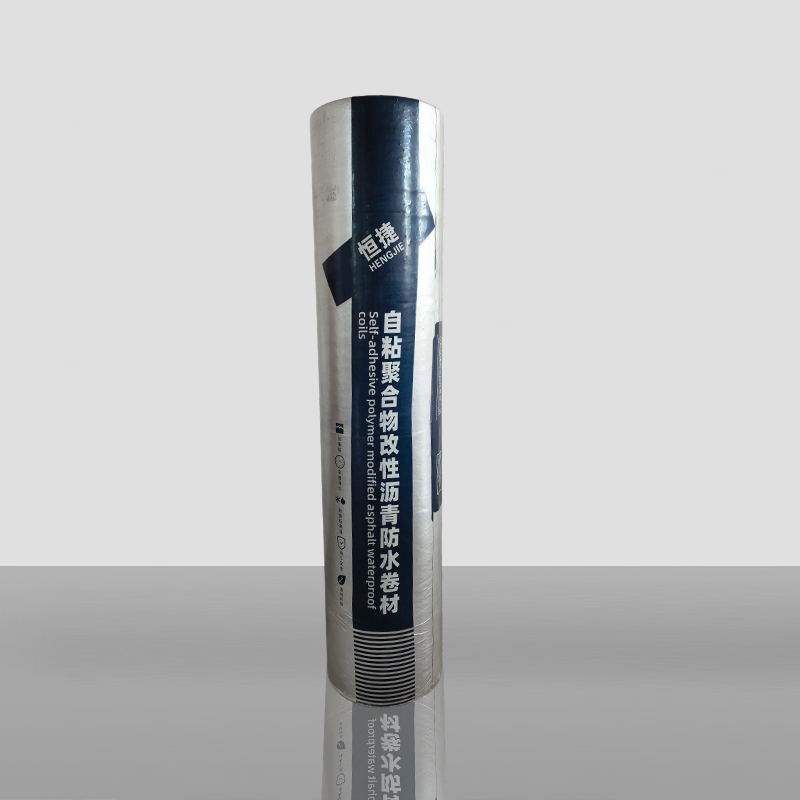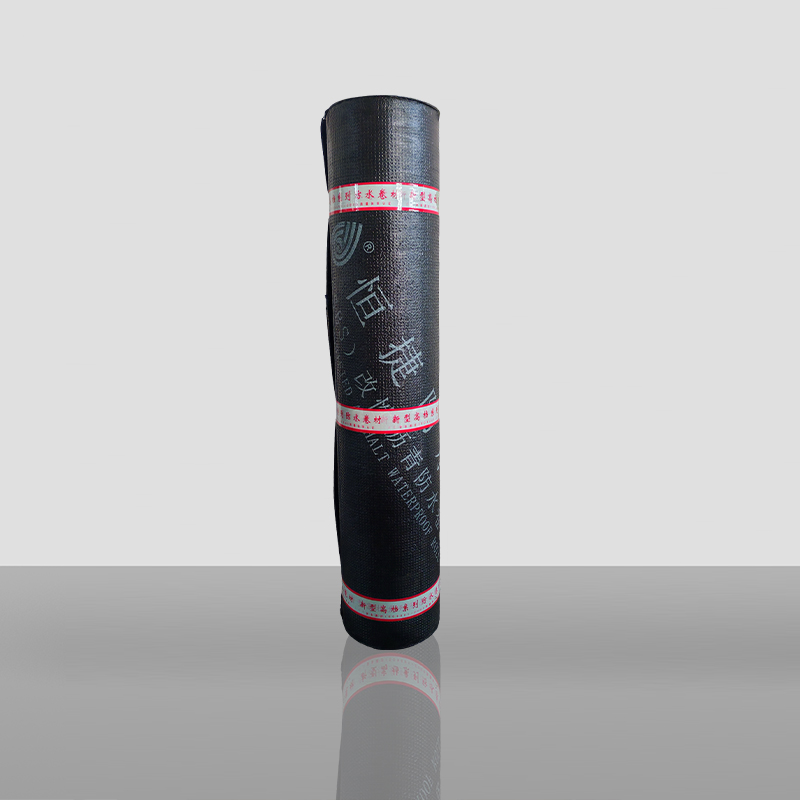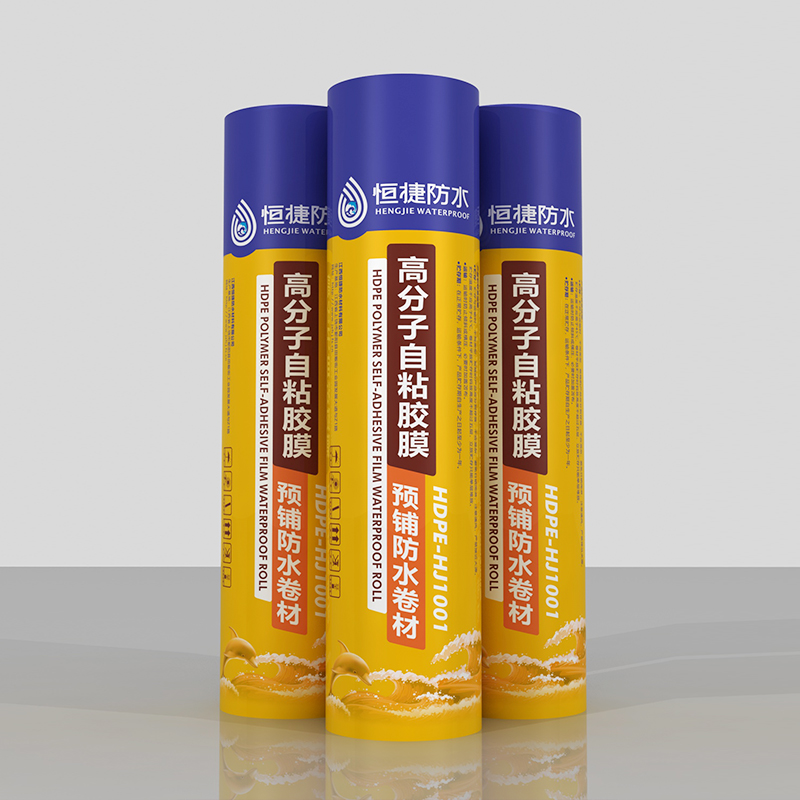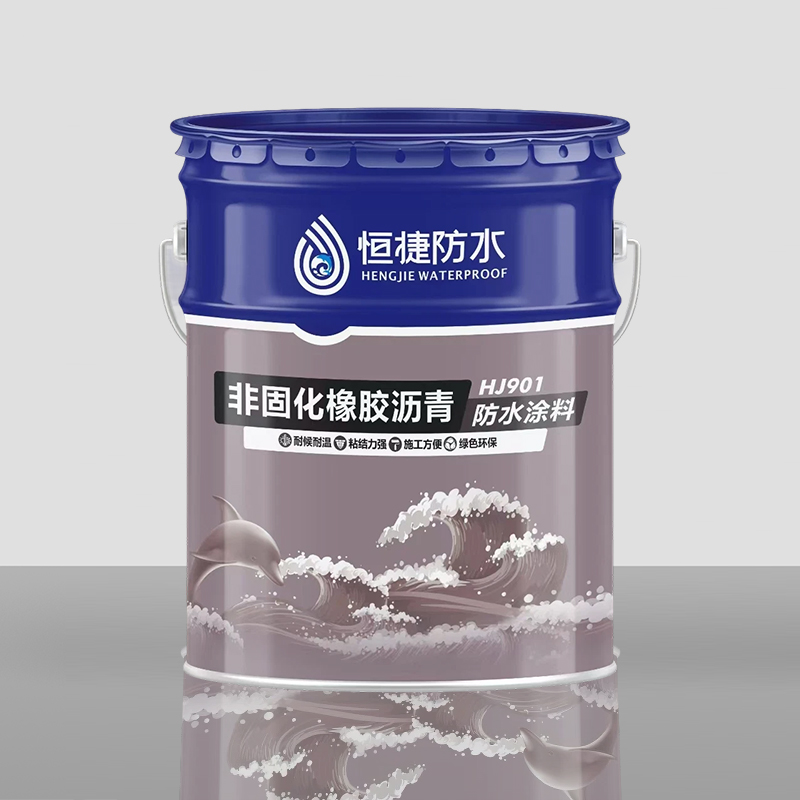How is the weather resistance of waterborne polyurethane waterproof coating?
Release Time : 2025-03-27
As an important component of modern building waterproof materials, waterborne polyurethane waterproof coating is gradually becoming a leader in the waterproof field with its excellent physical properties, environmental protection characteristics and wide application fields. Among the many properties, weather resistance is undoubtedly one of the key factors to measure the quality of coatings.
1. Definition of weather resistance
Weather resistance refers to the ability of a material to maintain its original performance under the influence of natural environments (such as sunlight, rain, temperature changes, etc.). For waterborne polyurethane waterproof coating, weather resistance is directly related to its service life and waterproof effect. In outdoor environments, coatings need to withstand the test of natural factors such as long-term sunshine, rain, temperature changes, etc., maintain stable waterproof performance, prevent water penetration, and protect the building structure from damage.
2. Weather resistance performance of waterborne polyurethane waterproof coating
Ultraviolet resistance: waterborne polyurethane waterproof coating is usually added with anti-ultraviolet (UV) additives, which can effectively resist the damage of ultraviolet rays and prevent the coating from aging and becoming brittle. This feature allows the coating to maintain gloss and color stability under long-term sunlight and extend its service life.
Thermal stability: Waterborne polyurethane coatings have good thermal stability and can maintain their elasticity and strength over a wide temperature range. This means that in cold winters or hot summers, the coating is not easy to crack due to temperature changes and maintains a stable waterproof effect.
Waterproof performance: As the basic function of waterproof coatings, the waterproof layer formed by waterborne polyurethane waterproof coating is dense and tough, and can effectively resist the penetration of various water sources, including static water pressure, dynamic water pressure, rainwater, groundwater, etc. Even in a long-term immersion environment, it can maintain a good waterproof effect.
Chemical erosion resistance: Waterborne polyurethane coatings have a certain ability to resist chemical erosion and can resist the erosion of chemical media such as acids, alkalis, and salts. This feature enables the coating to maintain stable performance in a complex and changeable chemical environment.
Wear resistance and flexibility: Waterborne polyurethane waterproof coating has good wear resistance and flexibility, and can maintain the integrity of the coating when it is subjected to friction or slight deformation of the base material, and is not easy to crack or fall off.
3. Factors affecting weather resistance
Although waterborne polyurethane waterproof coating has excellent weather resistance, its specific performance is still affected by many factors. The coating formula, construction quality and use environment will affect weather resistance. For example, the type and content of anti-ultraviolet additives in the formula, temperature control during construction, coating thickness and temperature and humidity changes in the use environment will affect the weather resistance of the coating to a certain extent.
4. Strategies to improve weather resistance
In order to further improve the weather resistance of waterborne polyurethane waterproof coating, the following strategies can be adopted:
Optimize the formula: Improve the anti-aging performance of the coating by developing new anti-ultraviolet additives and improving the coating formula.
Improve the construction process: Strictly control the temperature, humidity and other parameters during the construction process to ensure that the coating is uniform and dense, and improve the adhesion and wear resistance of the coating.
Strengthen maintenance management: Regularly inspect and maintain the coating, promptly detect and deal with coating defects, and extend the service life.
In summary, waterborne polyurethane waterproof coating is becoming an important force in the field of building waterproofing with its excellent weather resistance, environmental protection characteristics and wide application fields. By continuously optimizing the formula, improving the construction process and strengthening maintenance management, we can further enhance the weather resistance of the coating and provide a more solid guarantee for people’s living and living environment.
1. Definition of weather resistance
Weather resistance refers to the ability of a material to maintain its original performance under the influence of natural environments (such as sunlight, rain, temperature changes, etc.). For waterborne polyurethane waterproof coating, weather resistance is directly related to its service life and waterproof effect. In outdoor environments, coatings need to withstand the test of natural factors such as long-term sunshine, rain, temperature changes, etc., maintain stable waterproof performance, prevent water penetration, and protect the building structure from damage.
2. Weather resistance performance of waterborne polyurethane waterproof coating
Ultraviolet resistance: waterborne polyurethane waterproof coating is usually added with anti-ultraviolet (UV) additives, which can effectively resist the damage of ultraviolet rays and prevent the coating from aging and becoming brittle. This feature allows the coating to maintain gloss and color stability under long-term sunlight and extend its service life.
Thermal stability: Waterborne polyurethane coatings have good thermal stability and can maintain their elasticity and strength over a wide temperature range. This means that in cold winters or hot summers, the coating is not easy to crack due to temperature changes and maintains a stable waterproof effect.
Waterproof performance: As the basic function of waterproof coatings, the waterproof layer formed by waterborne polyurethane waterproof coating is dense and tough, and can effectively resist the penetration of various water sources, including static water pressure, dynamic water pressure, rainwater, groundwater, etc. Even in a long-term immersion environment, it can maintain a good waterproof effect.
Chemical erosion resistance: Waterborne polyurethane coatings have a certain ability to resist chemical erosion and can resist the erosion of chemical media such as acids, alkalis, and salts. This feature enables the coating to maintain stable performance in a complex and changeable chemical environment.
Wear resistance and flexibility: Waterborne polyurethane waterproof coating has good wear resistance and flexibility, and can maintain the integrity of the coating when it is subjected to friction or slight deformation of the base material, and is not easy to crack or fall off.
3. Factors affecting weather resistance
Although waterborne polyurethane waterproof coating has excellent weather resistance, its specific performance is still affected by many factors. The coating formula, construction quality and use environment will affect weather resistance. For example, the type and content of anti-ultraviolet additives in the formula, temperature control during construction, coating thickness and temperature and humidity changes in the use environment will affect the weather resistance of the coating to a certain extent.
4. Strategies to improve weather resistance
In order to further improve the weather resistance of waterborne polyurethane waterproof coating, the following strategies can be adopted:
Optimize the formula: Improve the anti-aging performance of the coating by developing new anti-ultraviolet additives and improving the coating formula.
Improve the construction process: Strictly control the temperature, humidity and other parameters during the construction process to ensure that the coating is uniform and dense, and improve the adhesion and wear resistance of the coating.
Strengthen maintenance management: Regularly inspect and maintain the coating, promptly detect and deal with coating defects, and extend the service life.
In summary, waterborne polyurethane waterproof coating is becoming an important force in the field of building waterproofing with its excellent weather resistance, environmental protection characteristics and wide application fields. By continuously optimizing the formula, improving the construction process and strengthening maintenance management, we can further enhance the weather resistance of the coating and provide a more solid guarantee for people’s living and living environment.







